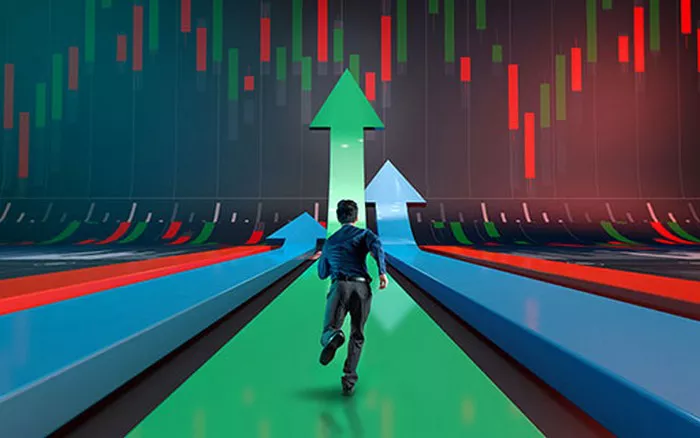Dow Jones futures, often referred to as simply “futures,” are a critical component of the financial world, influencing the global economy and providing valuable insights into market sentiment.
Understanding Dow Jones Futures
Defining Dow Jones Futures
Dow Jones futures, or DJIA futures, represent financial contracts based on the future performance of the Dow Jones Industrial Average (DJIA). The DJIA is a stock market index that tracks the performance of 30 major U.S. companies across various sectors, making it a barometer of the overall health of the U.S. economy. Dow Jones futures, on the other hand, are derivatives contracts that speculate on the future movements of the DJIA.
How Dow Jones Futures Work
Dow Jones futures are standardized financial contracts traded on futures exchanges, such as the Chicago Mercantile Exchange (CME). These contracts obligate the buyer to purchase, and the seller to sell, a specified quantity of DJIA at a predetermined price on a specified future date. The price at which the contract is executed is based on the expected future value of the DJIA. This means that traders are essentially betting on whether the DJIA will rise or fall by the contract’s expiration date.
Types of Dow Jones Futures Contracts
There are two primary types of Dow Jones futures contracts: DJIA index futures and mini-sized Dow Jones futures. DJIA index futures are based on the full value of the DJIA and are designed for larger institutional investors. In contrast, mini-sized Dow Jones futures represent a smaller fraction of the DJIA’s value, making them more accessible to individual traders and retail investors.
The Significance of Dow Jones Futures
Market Sentiment Indicator
Dow Jones futures serve as a vital indicator of market sentiment. When futures prices rise, it reflects optimism about the future performance of the DJIA and the broader stock market. Conversely, falling futures prices indicate pessimism and a potential bearish sentiment. Traders and investors closely monitor these indicators to gauge market expectations and potential shifts in sentiment.
Risk Management Tool
Dow Jones futures also play a critical role in risk management for investors and businesses. By using futures contracts, market participants can hedge against adverse price movements in the DJIA. For example, if a portfolio manager believes that the DJIA may decline in the near future, they can use DJIA futures to protect their portfolio from potential losses.
Liquidity and Accessibility
One of the key advantages of Dow Jones futures is their liquidity and accessibility. They provide investors with an efficient way to gain exposure to the DJIA without directly purchasing the underlying stocks. Furthermore, the availability of mini-sized Dow Jones futures has made it easier for retail investors to participate in futures trading, previously dominated by institutional players.
Global Impact
Dow Jones futures have a global impact. As the DJIA represents the performance of major U.S. companies, changes in Dow Jones futures prices can influence international markets. A significant move in DJIA futures during pre-market or after-hours trading can set the tone for trading sessions in Asia and Europe, potentially leading to global market volatility.
Trading Dow Jones Futures
Market Hours
Dow Jones futures trade nearly around the clock, allowing investors to react to breaking news and economic events in real-time. The trading session begins on Sunday evening and continues through Friday evening, with brief breaks for maintenance. This extended trading window provides ample opportunities for market participants to react to global developments.
Leverage and Margin
Dow Jones futures offer significant leverage, allowing traders to control a large position with a relatively small capital outlay. However, this also increases the potential for both gains and losses. Traders must be aware of the margin requirements and the risks associated with trading futures contracts, as they can result in substantial losses if not managed carefully.
Market Analysis
Successful Dow Jones futures trading often relies on a combination of technical and fundamental analysis. Technical analysis involves studying historical price patterns and using technical indicators to make trading decisions. Fundamental analysis, on the other hand, examines economic and corporate data to assess the overall health of the economy and individual companies in the DJIA.
Conclusion
In conclusion, Dow Jones futures are complex financial instruments that hold significant importance in the world of finance. They serve as indicators of market sentiment, provide risk management tools, and offer opportunities for investors to gain exposure to the performance of major U.S. companies. Understanding Dow Jones futures and their impact on the financial markets is essential for both seasoned investors and those looking to explore futures trading. While they can be powerful tools for profit, traders should approach them with caution, given their potential for substantial gains and losses.


